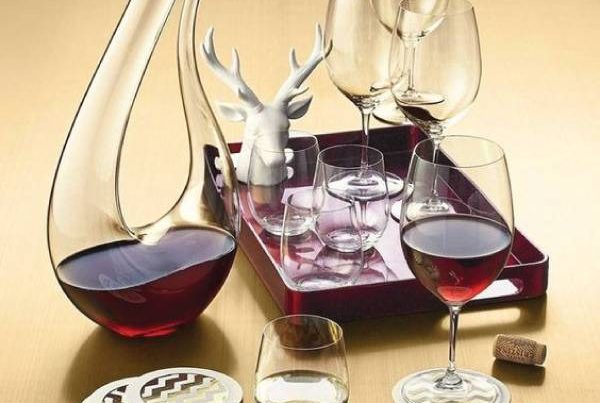Wine has been gaining so much traction over the past few years. After the pandemic, this popularity only grew. It came as a welcome surprise to the Kenyan wine industry players. With demand for the ancient drink rising, would you like to guess who was enjoying it? The millennials are the number one consumers of wine in Kenya.
After the government lifted the curfew a few months ago, demand for both wine and wine events is on the rise. Young people have joined the wine train. They want to know more about this fascinating drink. But to be able to understand wine, there is something you have to keep in mind. Besides being a marvel, is that it is abstract. What you like may not be what someone else likes. Bearing this in mind, there is not one awesome wine. It will always differ from one person to the next.
With more wine events seen across the country, how you taste wine is not enough. How you describe your likes and dislikes about a particular wine is equally as important. You will not require expensive classes to talk wine. All you will need is to add a couple of terms to your wine jargon arsenal. You already know when you like a certain wine and when you don’t. You simply do not have the words to explain WHY, yet WHY is everything. The WHY is what makes your sense of taste your own. We decided to give you a few terms, or descriptors so you can effectively express what it is you taste. Surprise other wine lovers with your wine understanding at the next event with these words used to describe wine.
1. VINTAGE
The year on a wine’s label indicating when the grapes were harvested.
A bottle’s flavor, depending upon its vintage, is directly impacted by the particular year’s weather (e.g. lots of rainfall, drought, etc.).
2. SWEET
This is wine with a lower alcohol content, has more residual sugar that is felt on the tip of the tongue, where your palate processes sweetness.
The higher the alcohol content, the dryer the wine.
3. FRUITY
Wine with higher alcohol content and a “sweet” flavor that is not felt on the tip of the tongue.
If you aren’t feeling the wine on the tip of your tongue, but it tastes “sweet” to you, then describe what you’re drinking as “fruity.”
4. ACIDITY
A bright, refreshing, and mouth-puckering quality. You can feel it on the sides of the palate and under the tongue.
Acidic wine pairs well with similarly light and fresh food (e.g. fish, salads, etc.).
5. MINERALITY
A salty and briny quality. Wines with lots of minerality pair well with just about any seafood dish.
6. BODY
The body of the wine (or the mouthfeel, as some might call it) simply means, how light or heavy the wine is in your mouth.
When you think body in wine, think of the weight of that wine in your mouth: Does the wine feel like skim milk, 1% milk, or heavy cream?
7. OAK
A buttery and toasty-vanilla quality from the flavor impartation of oak staves (a.k.a. wood chips) and the oak barrel that the wine ages in during the winemaking process.
8. TANNIN
Tannin is not a flavor, it is a polyphenol produced during the winemaking process, (from the skins of the grapes, seeds, stems, and also the oak barrels that the wine is aged in) that causes an astringent, mouth-drying feeling on the palate.
Fats and proteins bond to tannins, softening them — so try pairing a bottle of tannic, full-bodied red with steak or cheese.
9. OLD WORLD
Refers to wines originating from Europe that are usually lower in alcohol content and subtler in their flavor profiles.
10. NEW WORLD
Refers to wines originating from anywhere outside of Europe (U.S., South America, Canada, Australia, New Zealand, South Africa, etc.) that are usually higher in alcohol content and more fruit-forward.
11. TERROIR
The particular geographical and environmental profile (resulting from soil type, climate, weather, rainfall, etc.) of a wine. Terroir translates to the wine’s sense of place.
Next time you are at a wine tasting, you have so much to talk about with your fellow wine lovers. This time you will definitely sound like a pro, when you ask or talk about wine, describing it using the right terminologies. Be sure to thank us later, and tell us how these simple terms changed your tasting experience.





